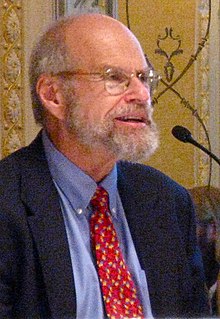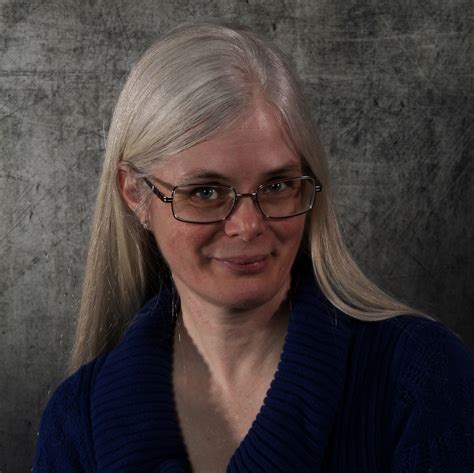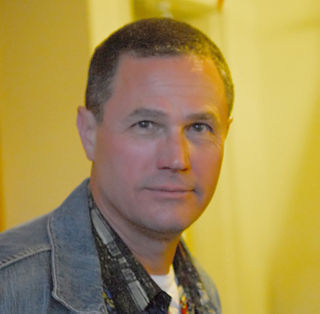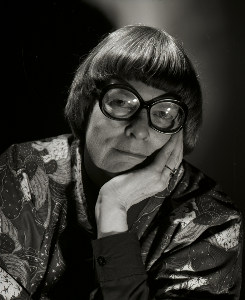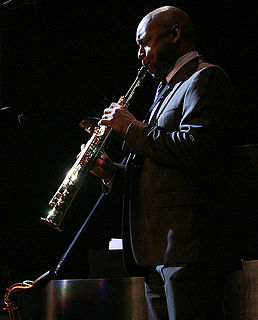A Quote by Terry Teachout
I wouldn't care to speculate about what it is in Westlake's psyche that makes him so good at writing about Parker, much less what it is that makes me like the Parker novels so much. Suffice it to say that Stark/Westlake is the cleanest of all noir novelists, a styleless stylist who gets to the point with stupendous economy, hustling you down the path of plot so briskly that you have to read his books a second time to appreciate the elegance and sober wit with which they are written.
Related Quotes
A few hours after the news broke about the death of crime writer Donald E. Westlake, a newspaper asked me to write a tribute. In short order I did so, calling attention to his decades-long career, both under his own name and that of his primary alter ego, Richard Stark, who introduced the unsentimental antihero-heister Parker to the literary canon.
Parker wasn't supposed to be a series. He was supposed to be one book, and if he was only going to be in one book, I didn't worry about it. And then an editor at Pocket Books said "Write more books about him." So I didn't go back at that point and give him a first name. If I'd known he would've been a series, I would've done two things differently. First, I would've given him a first name because that means for 27 books, I've had to find some other way to say, "Parker parked the car."
[Charlie "Bird" Parker] would sit down and ask [Phil Wood], "What do you think about this whole secondary Viennese school with Schoenberg, Berg and Webern? Are you listening to that music and what do you feel about it?" These were the conversations that he was having. And he also said, what he learned from Charlie Parker was, not that he studied with him in the formal sense, is that the first thing that Charlie Parker would always ask was, "Did you eat today?".
[Trey Parker and Matt Stone]called me one Saturday morning and said, "Can you do an impression of Conan O'Brien?" And I said, "I don't know." Because that was really... He hadn't been on the air that long, and to be honest, I hadn't watched much of him at that point. So I went to Santa Monica to their studio and said, "Well, what does he sound like?" They said, "Well, just try it one time. Read the copy." And I read the copy one time, and they went, "Okay, that's fine. Thanks a lot, that'll do. That's perfect."
You learn so much with each book, but it's what you teach yourself by writing your own books and by reading good books written by other people - that's the key. You don't want to worry too much about other people's responses to your work, not during the writing and not after. You just need to read and write, and keep going.
For a long while, I found Parker impossible. He went away for 23 years. I tried to bring him back a few times, and I sort of figured out where he came from, why he went away, and why he came back. The thing that I have to tap into for Parker is in some way the outsider. If I can tap into the outsider, I can write about Parker, and if I can't, I can't.

